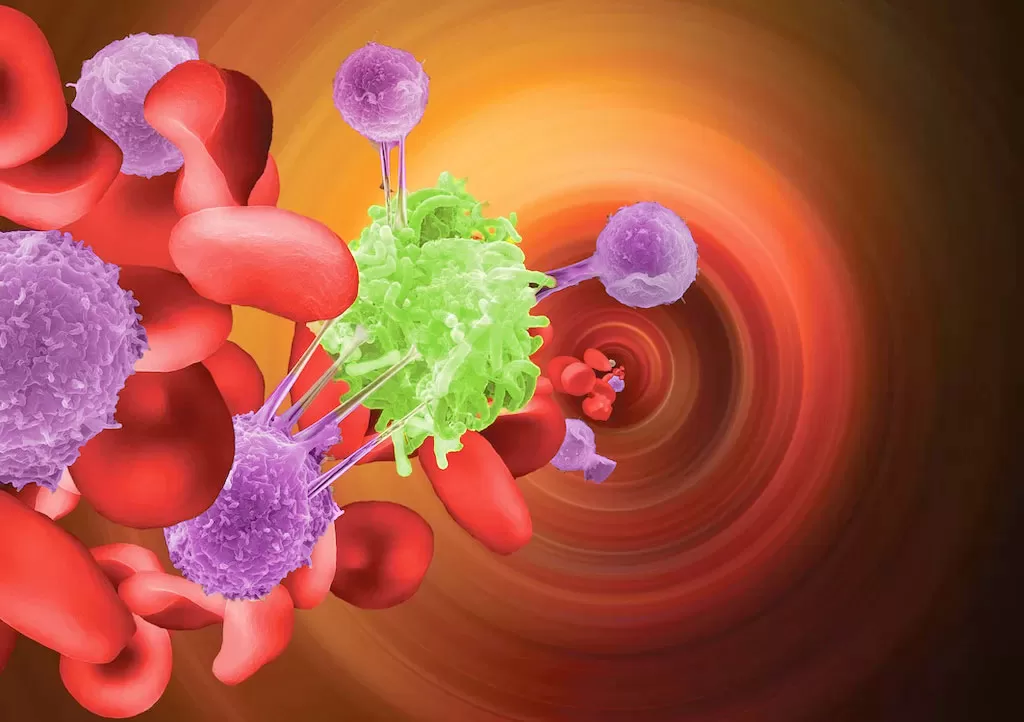Now that Inge has started her radiotherapy, she was invited to participate in a new study that would require a blood draw before radiotherapy started, and another one when it concluded 6 weeks later. The study would look for the presence of CTCs (Circulating Tumor Cells) in her bloodstream before and after radiotherapy as a potential indicator of how effective the radiotherapy was at eliminating any residual cancer remaining after chemotherapy and her total mastectomy. The best outcome of agreeing to participate in this study was that she’d show no evidence of CTCs and be removed from the study. As bad luck would have it, they found one CTC in her blood sample. CTCs can be responsible for cancer metastasis elsewhere in the body’s tissue and organs. So the presence of CTCs is a bit of a concern. But just one isn’t all that alarming, and not all CTCs are capable of metastasis or even surviving very long against our body’s own immune system. So she’s keeping her eye on the bright side.
If it wasn’t for this study, Inge would never have known that there were CTCs in her bloodstream. That alone was a valuable benefit of participating in this study. Standard cancer patient care does not include testing for CTCs, after chemotherapy, mastectomy, or at any time. There are no protocols for adjusting scheduled treatments in any way if CTCs are found to be present in the bloodstream. The only interest in CTCs in this study is as a potential indicator of the effectiveness of radiotherapy for those with CTC positive detection before radiotherapy.
Nothing about cancer is routine. Unlike a cold or the flu where you drink lots of fluids, stay warm, get lots of rest, and eat chicken soup, cancer follows no rules or predictability. Just when you think you’re on top of it, something new develops which you have to address. But such is life, isn’t it? We live in a universe of ‘no guarantees’. Where the only constant we can depend on and anticipate is change itself.
The great thing about seeking cancer care from an educational research center like MD Anderson is that they’re always offering new trials and studies to participate in that can uncover new information about your condition. The bad news is they can provide more information than you really wanted to know. But hey, if you’re going to go down swinging, better to know what you’re swinging at.

